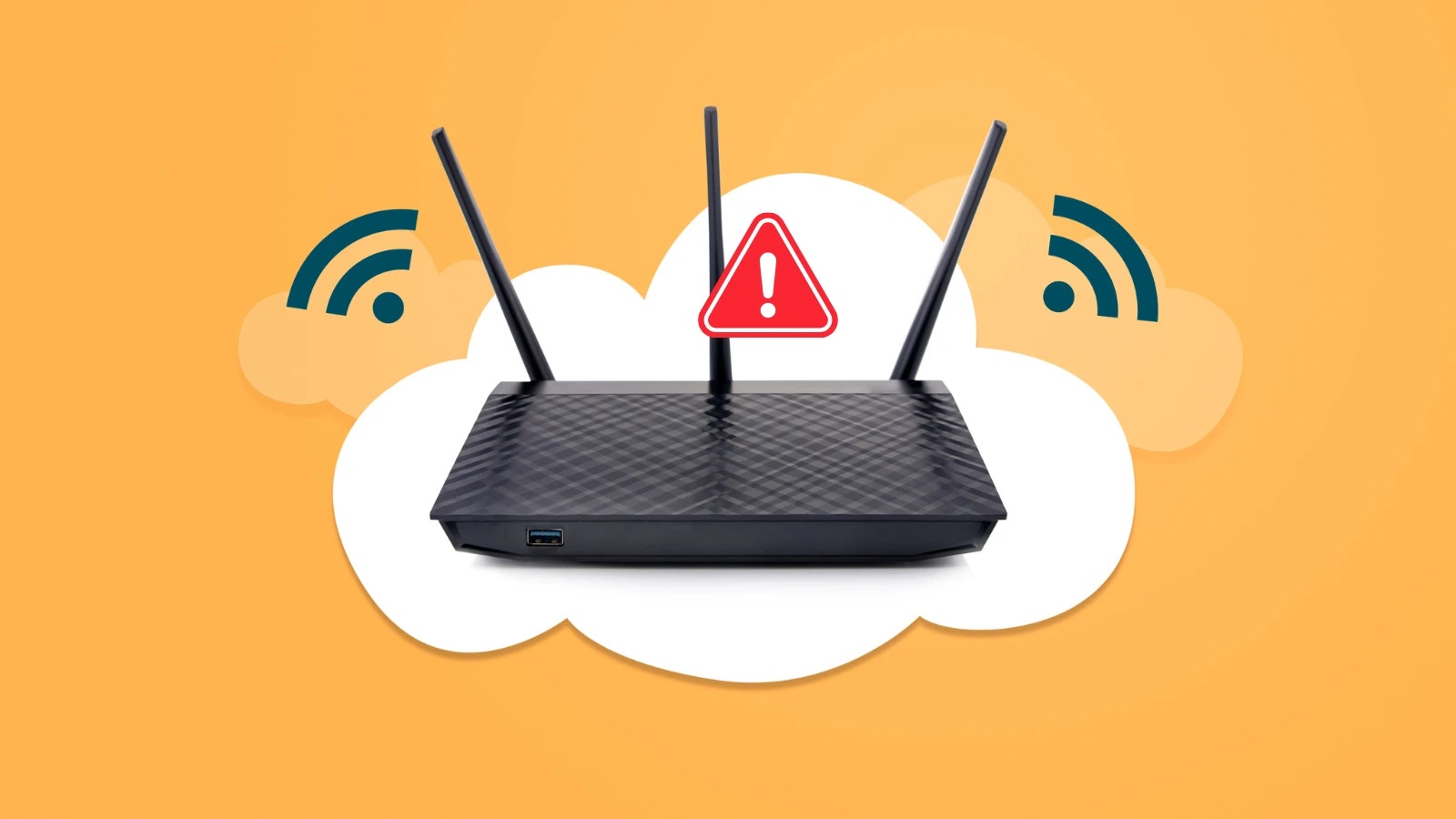The Federal Communications Commission (FCC) has initiated a comprehensive investigation into nine Chinese technology and telecommunications companies to assess potential violations of U.S. restrictions. This action underscores the FCC’s commitment to safeguarding national security by ensuring that entities previously identified as threats do not circumvent established prohibitions.
Background and Scope of the Investigation
On March 21, 2025, FCC Chairman Brendan Carr announced the issuance of Letters of Inquiry and at least one subpoena to these companies. The objective is to determine whether these firms continue operations within the United States despite prior restrictions. This investigation is the inaugural major initiative of the FCC’s newly established Council on National Security, reflecting a strategic approach to addressing potential threats from foreign entities.
Companies Under Scrutiny
The nine companies under investigation include:
– Huawei Technologies: A leading global provider of telecommunications equipment and consumer electronics.
– ZTE Corporation: A major telecommunications equipment and systems company.
– Hangzhou Hikvision Digital Technology: A prominent manufacturer of video surveillance equipment.
– Dahua Technology Company: Another significant player in the video surveillance industry.
– Hytera Communications: Specializes in radio transceivers and radio systems.
– China Mobile International USA: The U.S. subsidiary of China Mobile, offering telecommunications services.
– China Telecom (Americas): Provides telecommunications services and solutions in the U.S.
– Pacifica Networks/ComNet: Engages in telecommunications services.
– China Unicom (Americas): Offers telecommunications services in the United States.
These companies were previously placed on the FCC’s Covered List, which identifies entities whose equipment and services are deemed to pose unacceptable risks to U.S. national security. The current investigation aims to ascertain whether these firms are attempting to bypass FCC prohibitions by continuing operations in the U.S. through private or unregulated channels.
Regulatory Measures and National Security Implications
The FCC’s Covered List serves as a critical tool in protecting the nation’s communications infrastructure. Inclusion on this list means that the sale and use of the specified companies’ products are restricted within the U.S. market. These measures are particularly pertinent to technologies integral to network infrastructure, such as optical carrier/fiber connections, cable modem technologies, and various wireless transmission systems.
The investigation is part of a broader effort by the U.S. government to address potential national security threats posed by foreign telecommunications firms. Previous actions have included revoking operating licenses and imposing restrictions on Chinese companies due to concerns over espionage and cyber threats. For instance, in December 2024, the U.S. Commerce Department intensified its crackdown on China Telecom’s U.S. unit, citing national security risks associated with its operations. ([reuters.com](https://www.reuters.com/business/media-telecom/us-moves-boost-crackdown-china-telecoms-us-unit-source-says-2024-12-17/?utm_source=openai))
FCC’s Strategic Initiatives
The establishment of the Council on National Security within the FCC signifies a proactive approach to identifying and mitigating risks associated with foreign entities in the telecommunications sector. This council comprises representatives from various FCC bureaus and offices, fostering cross-agency collaboration to enhance national security measures.
Chairman Carr emphasized the importance of this initiative, stating that the FCC, in coordination with federal partners, will work swiftly to close any loopholes that have allowed foreign adversary state-backed actors to circumvent U.S. regulations. This concerted effort aims to ensure that the nation’s communications infrastructure remains secure against potential threats.
Broader Context and Implications
The FCC’s actions are part of a larger strategy to bolster the security of the U.S. telecommunications network. In February 2025, the FCC advanced plans for a wireless spectrum auction to fund the removal of Huawei and ZTE equipment from American telecom networks, allocating nearly $3.1 billion for this purpose. This move addresses security concerns and was supported by Congress, which authorized an auction for advanced 5G wireless spectrum to meet consumer demand. ([reuters.com](https://www.reuters.com/business/media-telecom/fcc-advances-auction-wireless-spectrum-fund-chinese-equipment-removal-2025-02-27/?utm_source=openai))
Additionally, the FCC is establishing a national security council to counter Chinese cyber threats and maintain a technological edge over China. The council’s objectives include mitigating vulnerabilities to cyberattacks, reducing supply chain dependence on adversaries, and ensuring U.S. leadership in critical technologies like 5G, AI, satellites, quantum computing, and autonomous systems. ([ft.com](https://www.ft.com/content/0deedda7-55de-481e-b3ab-1d645ee27365?utm_source=openai))
These initiatives reflect a comprehensive approach to addressing the multifaceted challenges posed by foreign entities in the telecommunications sector. By investigating potential violations and implementing strategic measures, the FCC aims to fortify the nation’s communications infrastructure against emerging threats.
Conclusion
The FCC’s ongoing investigation into these nine Chinese companies underscores the agency’s dedication to enforcing national security measures within the telecommunications industry. As the situation develops, the outcomes of this probe may lead to further regulatory actions, potentially reshaping the involvement of Chinese tech firms in the U.S. market and influencing future policies regarding foreign technology companies operating in critical infrastructure sectors.



